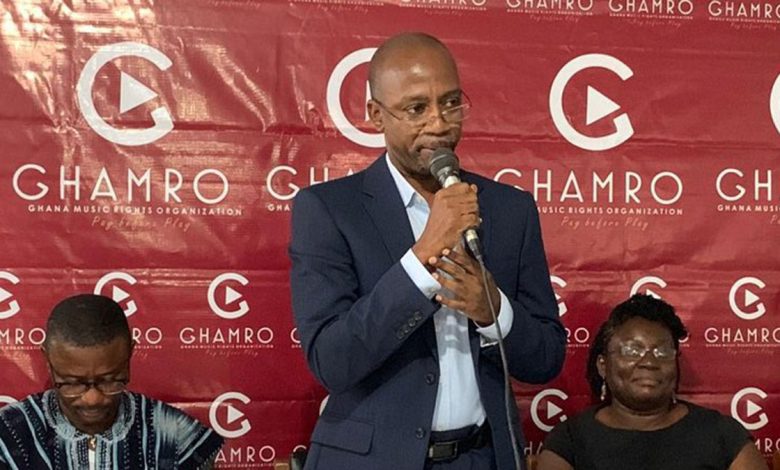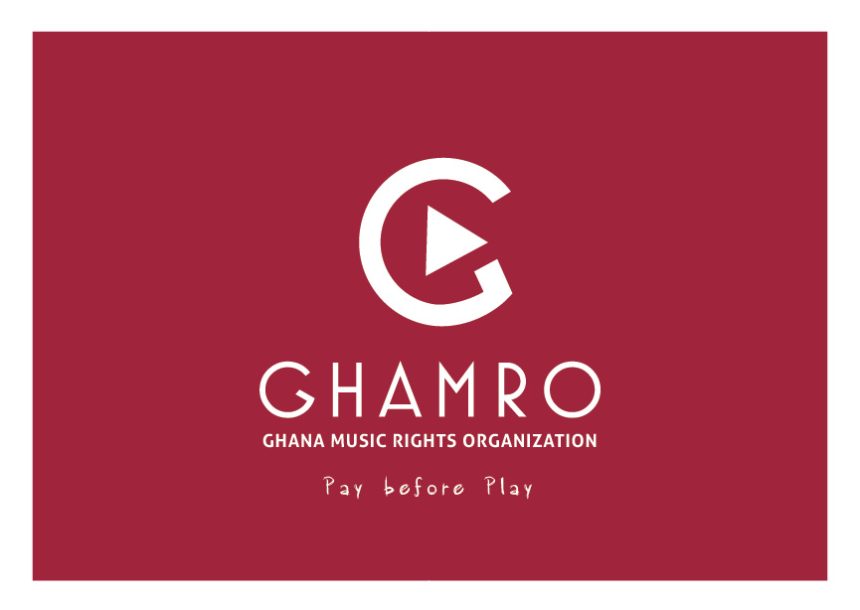The Ghana Music Rights Organisation (GHAMRO) is the body responsible for collecting and distributing royalties to musicians and other rights holders in Ghana. Established in 2011, GHAMRO has been working to ensure that music creators receive fair and timely royalties for their works, as well as to promote and protect the interests of the Ghanaian music industry.
As a collective management organization responsible for administering music royalties and protecting the rights of artists in Ghana, GHAMRO has encountered difficulties related to its operations and management practices.
Over the years, the company has been facing significant challenges when it comes to the distribution of royalties to most recipients, especially musicians.
Use Of Technology and Controversies
One of the main challenges is the lack of a reliable and comprehensive system to monitor the usage of Ghanaian music on various platforms, such as radio, television, online streaming services, and public venues. Without accurate data on how much and where music is played, GHAMRO cannot ensure fair and transparent distribution of royalties to its members.
GHARMO partnered with a tech company to help address these challenges. But unfortunately, there was some controversy with the implementation.
GHAMRO has also faced public criticism regarding its management practices, including allegations of financial malfeasance.
The organisation was engaged in a public dispute with Qismah, a local startup that helps monitor content and provide stakeholders in the music industry with real-time data. The disagreement stemmed from the startup’s ability to understand and monitor music for their artists.

The startup which helps track which radio stations are playing artists’ songs, and where their songs are being played geographically, made a public statement refuting GHAMRO’s claim that the startup lacked the capacity to monitor music for their artists.
“When Qisimah came on board, we decided to do a pilot. During the pilot, it was very clear to us that Qisimah had the energy and enthusiasm to do the work, but they did not have full proof of knowledge of the system,” Abraham Adjatey, then CEO of GHARMO said at a press conference held on August 31, 2021.
Qismah’s CTO, Appier-Sign, pushed back against the statement saying that it was untrue that the company lacked knowledge of the system.
“It is not true that we did not have full proof knowledge of the system. We really knew what we were doing. Even now, the system is still working. Recently we had trials with some ad agencies because it can do ads as well,” he said.
“We even do off-line services. This means we can monitor bars and restaurants as well. That is even more challenging. Because it means every location needs to have a device that can listen and while listening it shoots to the server, the server picks it, identifies and logs,” he further stated.
Currently, GHAMRO is still in operation but is facing a barrage of criticisms from local musicians who claim that the organisation is “dead” and is currently not fit for purpose.
GHAMRO has partnered with other companies to provide digital monitoring systems that can track and report the usage of Ghanaian music across different media. These include Global Music Monitoring (GMM), a UK-based company that monitors music on broadcast media; CAPASSO, a South African company that monitors music on online platforms; Ghud Music, a local company that assists GMM with data analysis; and Indie Consortium, a local company that develops a collection system for GHAMRO.
License and Financial Setbacks
Another challenge the organisation faced was licence renewal. The Ghana Copyright Office requested GHAMRO to adopt a report by the Efua Sutherland Committee, which includes recommendations for a new constitution, a forensic audit of the organization, and a suspension of ongoing GHAMRO court cases.
Despite fulfilling the necessary licence renewal requirements outlined in Section 24 of the Copyright Legislative Instrument, GHAMRO’s licence was withheld due to legal issues. This situation affected the distribution of royalties, but GHAMRO still possesses the authority to collect music royalties while awaiting licence renewal.
GHAMRO has also faced public criticism regarding its management practices, including allegations of financial malfeasance. Veteran highlife musician Akosua Adjepong has been particularly vocal about these concerns.

Additionally, GHAMRO’s governance challenges led to the nullification of elections held in May 2022 by the High Court in Accra. The court cited GHAMRO’s disregard for an interlocutory injunction granted before the elections as a reason for dissolution. An interim directorate was appointed to lead GHAMRO after this ruling.
What The Future Holds
Currently, GHAMRO is still in operation but is facing a barrage of criticisms from local musicians who claim that the organisation is “dead” and is currently not fit for purpose.
It’s hard to tell what the future holds for the organisation, especially with loud calls for reform and the establishment of alternate royalty collection agencies.
The future looks dire.
Catch up on news and other tidbits on our WhatsApp Community Page, Twitter/X, and subscribe to our weekly newsletter to ensure you don’t miss out on any news.










